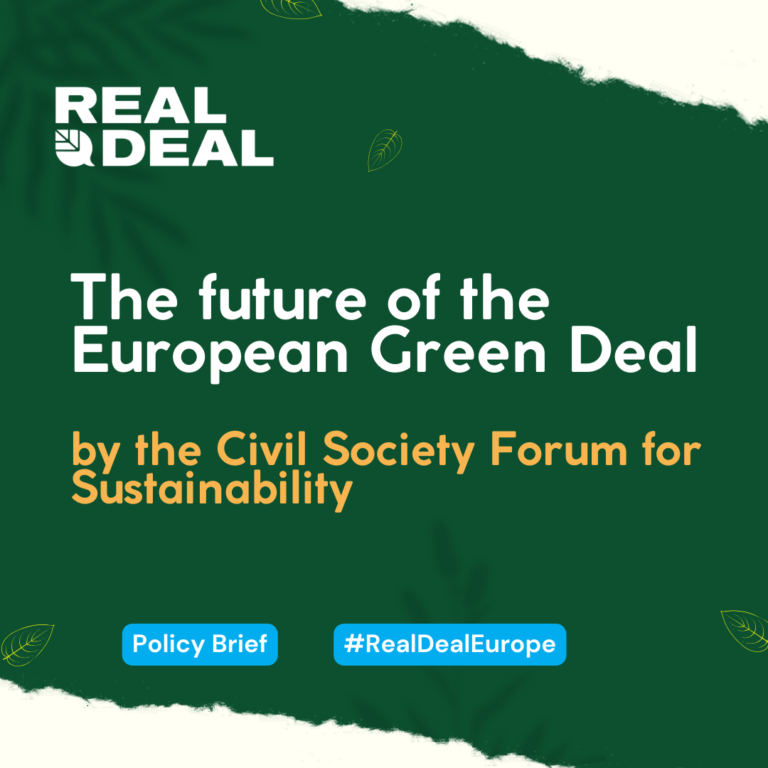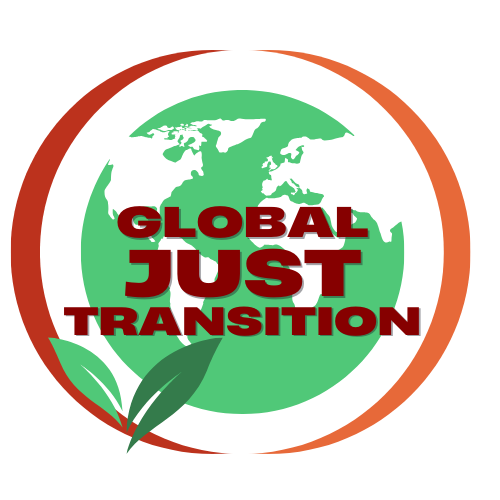The EU Green Deal in International Partnerships: An examples’ guide of EU and SOLIDAR members’ work
Climate change and environmental degradation are some of the most pressing challenges of our times. The European Union’s answer to these challenges has been the introduction of a Green Deal for Europe, a policy strategy aimed at promoting reforms towards the achievement of a sustainable and green socioeconomic model for the continent. The
Green Deal sets ambitious goals for the EU, including the achievement of climate neutrality by 2050, as well as the commitment of the Union to promoting a fair and inclusive transition underpinned in the 20 principles of the European Pillar of Social Rights.
The EU’s ambitions for a green transition extend also beyond its borders, to its international partnerships. In this regard, a series of Green Alliances will be promoted with governments and regional partners across the world, and 30% of the new EU development funding tool, the Neighbourhood, Development and International Cooperation Instrument (NDICI), will be dedicated to fighting climate change.
As enshrined in 2030 Agenda for Sustainable Development and its sustainable development Goals (SDGs), the successful implementation of the European Green Deal inside and outside the EU relies on ensuring the connection between the environmental, social and economic policies.
The scope of the present paper is to provide SOLIDAR member organisations with an overview of the EU Green Agenda and its impact on international partnerships, as well as to provide examples of programmes financed by the EU which might be of inspiration and guidance for SOLIDAR Members’ programmes promoting a Just Transition.
The paper also highlights SOLIDAR’s approach to what the green transition should look like. In fact, while SOLIDAR praises the EU’s efforts to promote a Green Agenda as a major political priority, we also note the lack of a clear link in the Green Deal between the Green SDGs and Social SDGs, especially in the realm of international partnerships, as well as the lack of a clear path for the transformation of our existing economic system. In view of this, in line with the 2030 Agenda for sustainable development, SOLIDAR proposes a more
holistic vision of the green transition as a Just transition, in which social and environmental goals are pursued alongside each other and as complementary.
Finally, the paper offers advice to SOLIDAR members for their engagement with EU Delegations in relation to the Green Deal.






